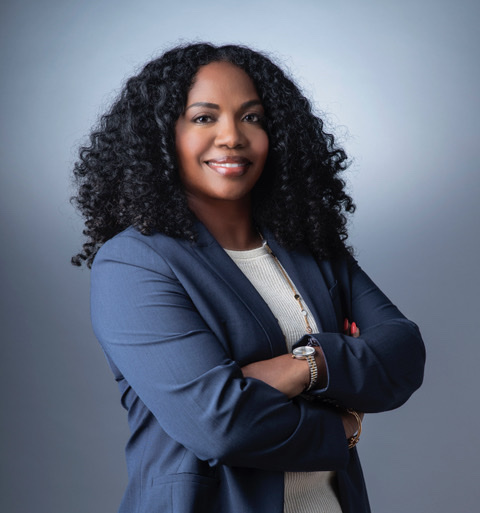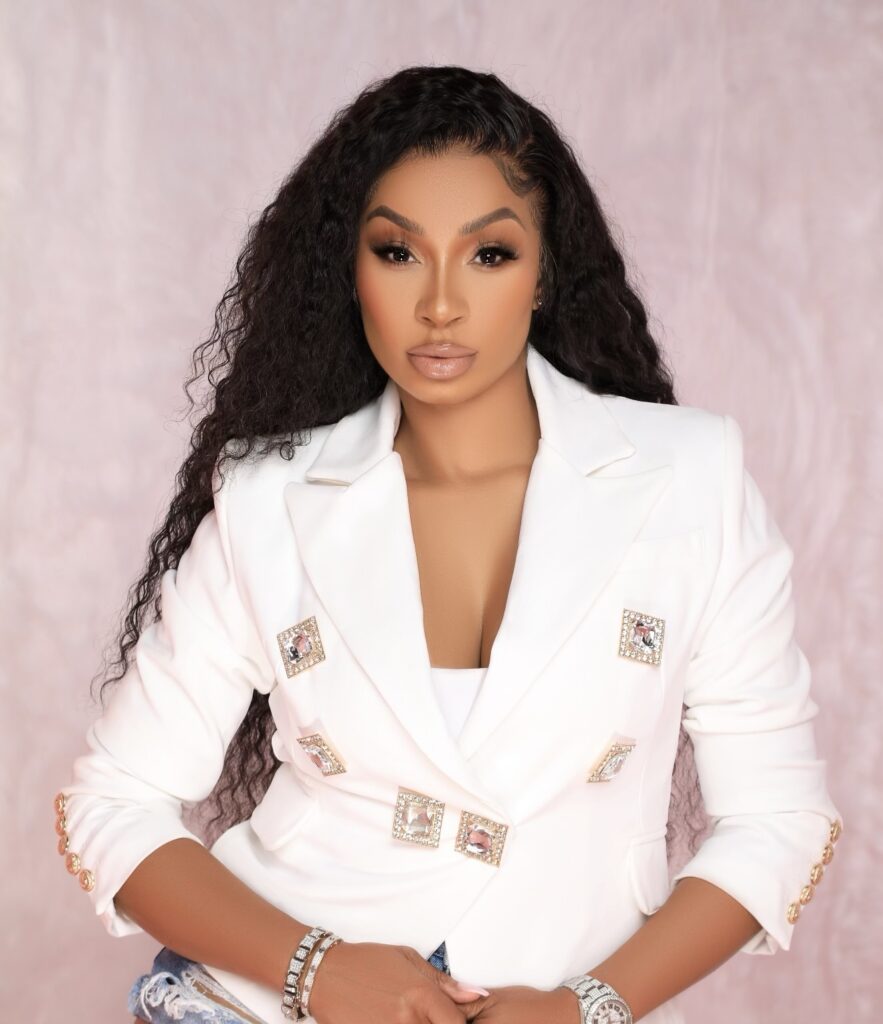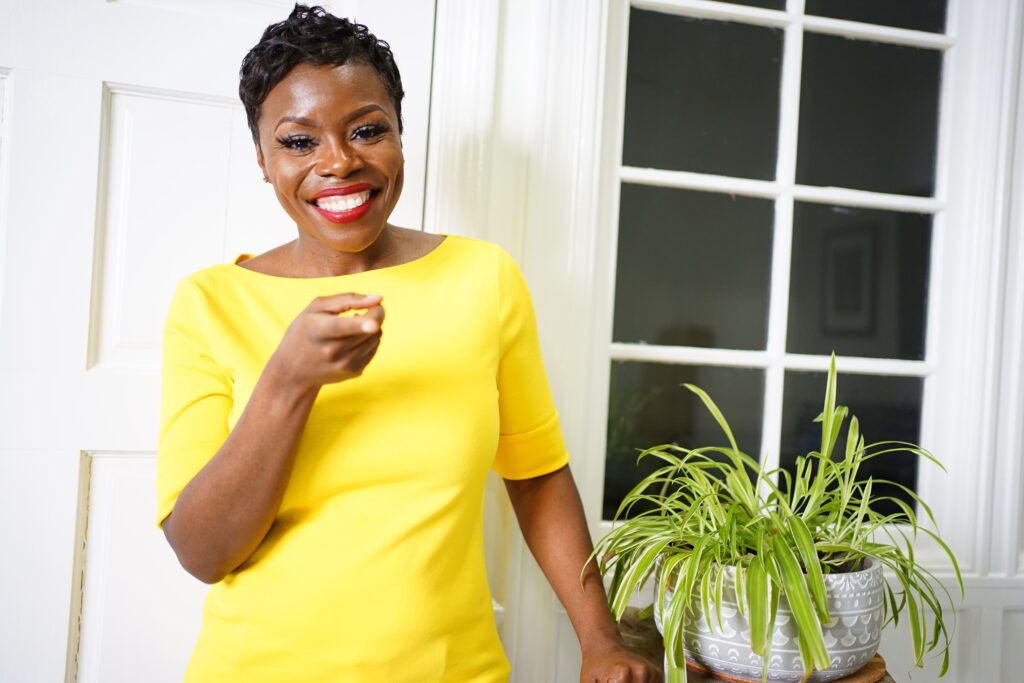It’s no secret that when it comes to business operations, unfortunately minorities are a little behind the curve. One of the most misunderstood terms in business is intellectual property, which includes patents, copyrights, and trademarks. Having a good attorney is key to navigating the complex world of business operations, but it can be a challenge for Black and Brown business owners to find a lawyer that shares common ground. In 2020, only 5% of attorneys were Black, only 3% were women, and only 1.7% were Black and specialize in intellectual property law.
Kimra-Major Morris is looking to change the outlook of minority business owners. She is a top-rated intellectual property attorney licensed to practice in Florida. In addition, she is a nationally published author on the subject of trademarks and copyrights, representing global brands and creatives, professional athletes, influencers, and victims’ families as they protect the intellectual property attached to their loved ones, as well as a Beyonce/NAACP grant winner.
In 2012 she was retained by Trayvon Martin’s parents to register, protect, and license name, image, and likeness intellectual property (The Trayvon Martin Foundation).
We had the opportunity to speak with Kimra about her beginnings, misconceptions about intellectual property, and her feelings about being involved with the Trayvon Martin Foundation.
How did you get started in your chosen career path?
Being able to develop my artistic talents in the music and media industries laid the building blocks to begin thinking about entertainment law as a profession. After more than thirteen years of working different production jobs, I chose to pursue law to continue working with creatives. Because I had maintained my entertainment industry contacts over the years, I was able to go right into private practice. Intellectual property law became my practice area, because it allows me to advocate for small and large brands that include businesses, creative talent, and athletes.
Entrepreneurship among Black and Brown Americans is rising. Can you explain why it is important to protect their intellectual property?
Historically, we have not had the same opportunity as our white counterparts to protect and monetize our intellectual property. For example, more than three decades passed before we were able to hold patents in our names for our inventions. Intellectual property ownership and monetization are keys to building generational wealth in black and brown communities.
Can you describe how you felt when Trayvon Martins parents reached out to you? How did it feel to be able to assist them?
I had a range of emotions. As a parent, I felt determined to do everything I could to protect their son’s legacy. While they were still discovering the circumstances that resulted in their son’s murder, the last thing they should have had to worry about was the exploitation of their son’s name and likeness. I felt honored to relieve them of that burden and determined to hold the intentional and unintentional infringers accountable. I also felt proud when they were able to monetize the intellectual property rights to support The Trayvon Martin Foundation’s mission of helping other families who are victims of senseless gun violence. I was also nervous about being in the national spotlight responding to questions about the purpose of the trademark filings. As time went on and it was clear it was a movement, I felt proud to have been a part of the fight for justice as it intersected with intellectual property rights.
What’s a common misconception that people believe when it comes to protecting their intellectual property?
One common misconception is that once you register your intellectual property there are no other requirements. In fact, there are maintenance requirements with every form of intellectual property. Copyrights have a renewal term, trademarks have required affidavits and proof that must be submitted to keep them, and trade secrets must remain a secret under confidentiality agreements and protected passwords to receive protection under the law. Another misconception is that enforcement is optional. If you own intellectual property you are required to enforce your rights to avoid the risk of losing them to unauthorized users.
Last year, about 37% of lawyers were women. Have you had to deal with any sexism in the industry? If so, how did you deal with it?
I have been self-employed for the entirety of my legal career, and I have been spared the workplace sexism for the most part. I have witnessed it in a few business meetings and experienced it in a small number of client interactions. When it’s directed toward me, I call it out. It has meant declining representing to a few people over the years. It’s great to have that option!
Is there any competition among women in the industry?
Women in law are still celebrating firsts, and healthy competition inspires and advances the legal profession. There will always be those who compete for the wrong reason or try to diminish another woman’s accomplishments, but I’ve received a lot of support from other women and enjoy collaborating with other women where possible. We have our own law associations, business groups, social media pages, and mentoring programs. For me, it’s been the exception to find unhealthy competition among women lawyers.
You can find out more about Kimra and her firm at their website: https://majormorrislaw.com.
Follow Us On Social Media!




